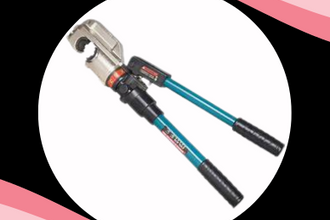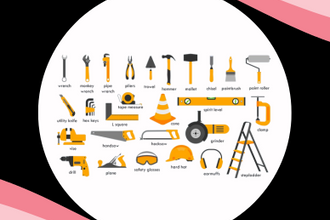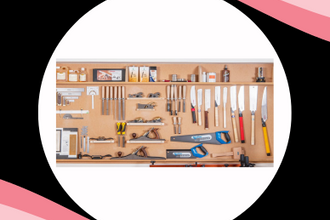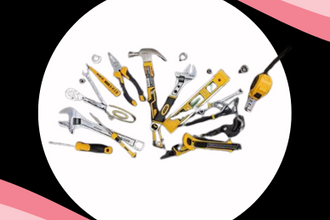
Have you ever seen a perfect line cut into wood, metal, or even concrete? That neat line is called a groove, and it's made using a special tool called a grooving machine. In this article, we’ll explain what a grooving machine is, how it works, and the different types of groove machining techniques used today.
Let’s make it simple and easy to understand.
What is Grooving Machining?
Grooving machining is a method used to make narrow cuts—called grooves—on hard surfaces. These grooves are useful for joining parts, improving grip, or adding simple design lines. This process is quick, smooth, and gives accurate results.
Different Types of Groove Machining Techniques?
Groove machining can be done in different ways depending on the job, the material, and the finish required. Here are some common groove machining techniques:
1. Turning Groove Technique
Used on lathes
Cuts grooves on round parts like pipes or rods
2. Milling Groove Technique
Done using milling machines
Best for flat surfaces and wide grooves
3. Grinding Groove Technique
Uses a grinding wheel
Perfect for smooth, fine grooves
4. Plasma or Laser Grooving
High-tech method using heat
Gives very accurate and clean results
5. CNC Grooving
Controlled by a computer
Very precise, great for metal and plastic industries
Each technique has its own use, depending on what you’re working on.
Types of Grooving Machines
Now let’s look at the types of grooving machines available:
1. Manual Grooving Machine
Operated by hand
Good for small projects or soft materials
2. Electric Grooving Machine
Powered by electricity
Ideal for medium-sized tasks
3. CNC Grooving Machine
Fully automatic and computer-controlled
Best for mass production and complex shapes
How Does a Grooving Machine Work?
Here’s a simple step-by-step guide:
1.Set Up the Machine
Attach the right blade and fix the groove size.
2. Place the Material
Make sure the item is steady and secure.
3. Adjust Settings
Choose the groove’s depth and width.
4. Run the Machine
Start it and guide it along the surface.
5. Finish and Inspect
Stop the machine and check the groove.
It’s that easy—cutting a clean groove in just a few steps.
Uses of Grooving Machines?
You can find grooving machines in many industries. Some examples:
- Construction – for making road grooves that improve safety
- Furniture making – for joints and decorative cuts
- Plumbing – for cutting grooves into pipes for fittings
- Metal fabrication – to shape and join metal parts
Benefits of Using a Grooving Machine
Why should you use a grooving machine?
✅ Cuts are clean and accurate
✅ Saves time and effort
✅ Works on many materials
✅ Improves quality of work
✅ Safer and more professional results
Safety Tips When Using a Grooving Machine
Keep your work safe and smooth with these tips:
- Wear gloves, goggles, and ear protection
- Always check the machine before use
- Never touch the blade while it’s running
- Keep your workspace clean
- Turn off the machine after each job
Conclusion
So, what is a grooving machine and how does it work? It’s a powerful tool that cuts perfect lines into different materials using simple steps. With the right grooving technique, you can get smooth results for any project. Whether you’re working with wood, metal, or plastic—there’s a grooving machine for you.
FAQs
1. Can I use a grooving machine at home?
Yes! Small electric or manual machines are great for home DIY work.
2. Which technique is best for metal parts?
Turning or CNC grooving techniques are best for metal.
3. Are grooving machines expensive?
Prices vary. Manual ones are cheap. CNC machines cost more but give high-quality results.







